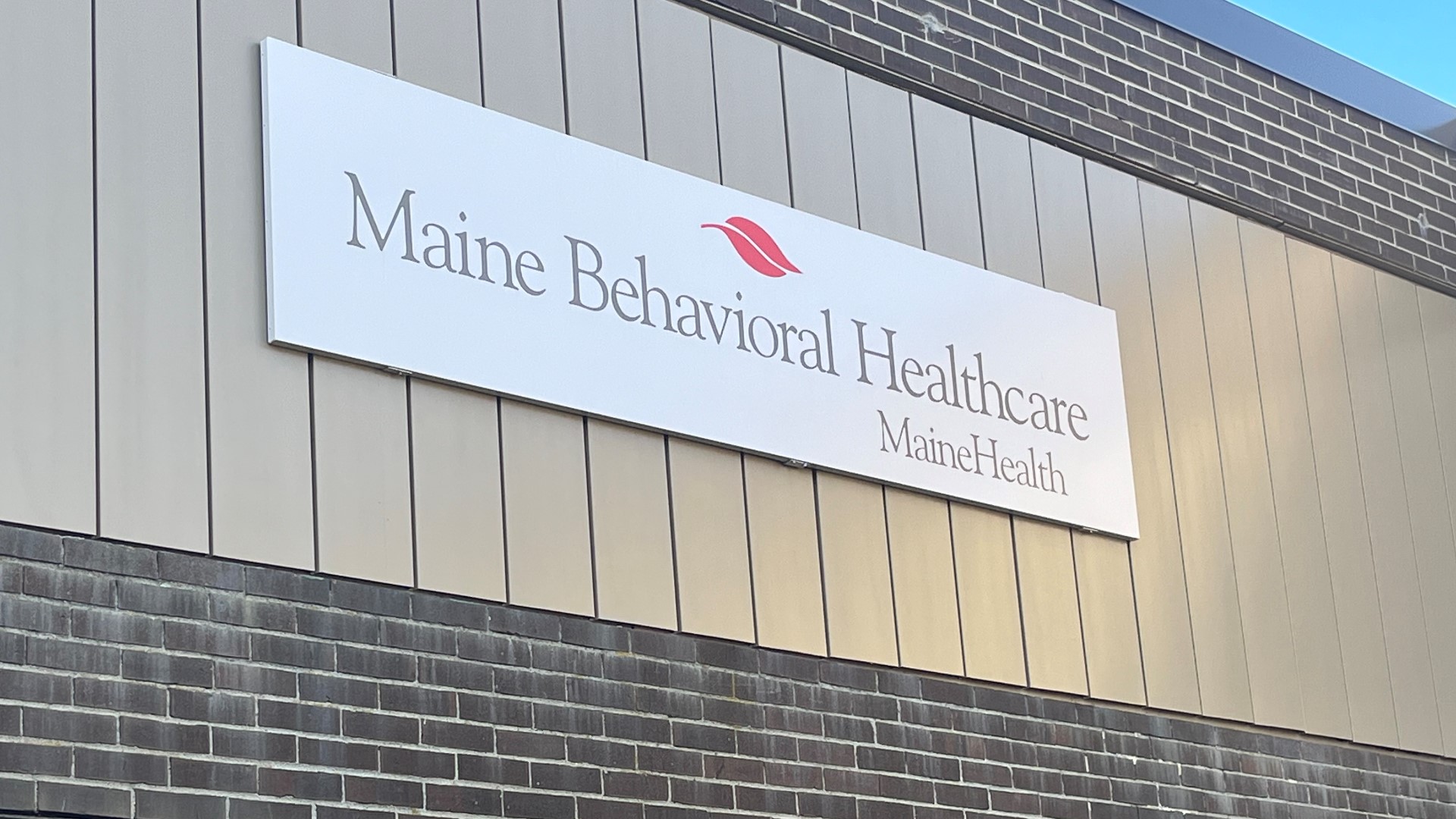MAINE, USA — Research published by the National Library of Medicine has shown that a third of people who die by suicide had a healthcare visit in the month before their death. Experts in Maine's most extensive health care system say it's a pivotal opportunity to intervene.
Utilizing a $2 million five-year federal grant, Maine Behavioral Healthcare (MHB) is training doctors systemwide to better serve patients struggling with mental health through the 'Zero Suicide Initiative.'
Last month, a US Centers For Disease Control report found the number of suicides nationwide hit a record high last year.
Maine's suicide death rate dropped from 19.5 per 100,000 in 2021 to 17.7 per 100,000 in 2022. But it is still the second-highest rate in New England.
"If you do everything right, you will decrease suicide," Dr. Linda Durst, the chief medical officer of Maine Behavioral Healthcare and chair of the Department of Psychiatry at Maine Medical Center, said.
MHB adopted the national "Zero Suicide" initiative three years ago, rooted in the belief that suicide deaths in patients under the care of a health care system are preventable.
"Research shows people who die by suicide, 40% of them were seen by their primary care provider within a month of their death," Durst explained.
MBH is using a federal grant to train providers, from primary care physicians, and specialists to emergency room staff across eight counties, to screen patients 18 and older for risk of suicide and connect them with treatment and resources if the risk is high.
Dr. Harold Van Lonkhuyzen is a psychiatrist and regional medical director for MBH and sees patients in the midcoast area. He said the initiative will help give patients who are struggling with mental health issues more access to the intervention.
"We can focus on the patients at higher risk who need that and can benefit from that, and it can make the process more efficient," Van Lonkhuyzen explained.
Angela Whitten lost her 18-year-old son, Trent Gibson, to suicide in 2022. The Wells resident first put up a Christmas tree to honor her son during the holiday season. Now, there are seven 'Trent's Trees' from Kittery to Millinocket that people can adorn with ornaments to remember loved ones lost to suicide.
Whitten also started the nonprofit Stay For Life to raise awareness about mental health among boys and men specifically. She said the Zero Suicide initiative is critical, especially in rural areas.
"It feels hopeful for people who need more help than they know how to receive at this point," Whitten said.
The Zero Suicide Initiative was developed by a healthcare system in Michigan two decades ago, and it has led to a drop of nearly 80% in deaths by suicide among its patient population.
Durst said Zero Suicide will serve more than 12,000 patients a year, and there will be more potential to save lives.
There are several resources available to people who are in crisis or emotional distress that are free and confidential.
They include the Maine Crisis Line: 1-888-568-1112. You can also dial 711. The suicide and crisis lifeline is also available at 988.

